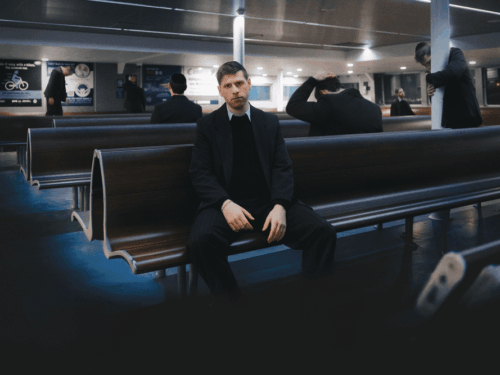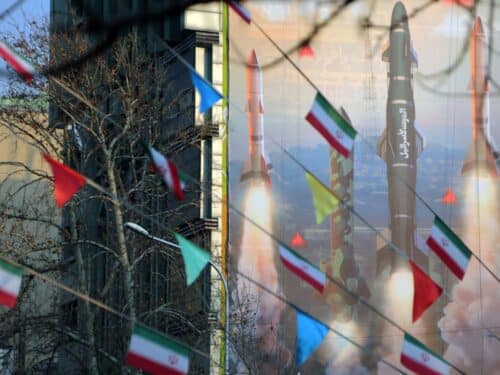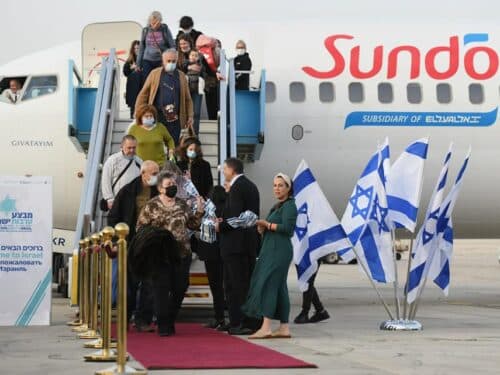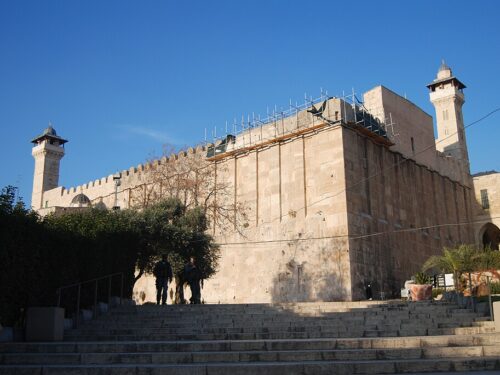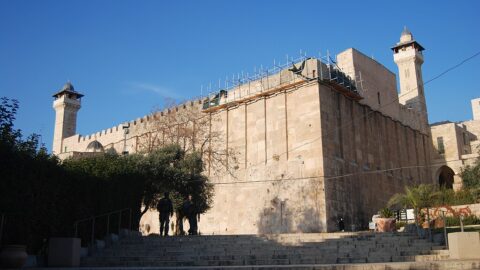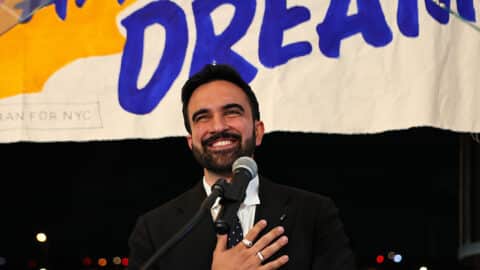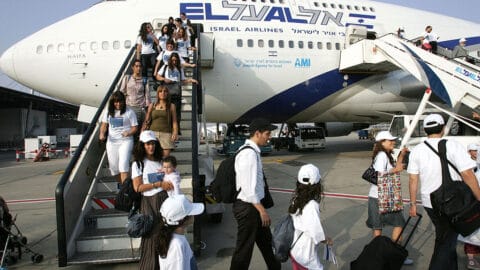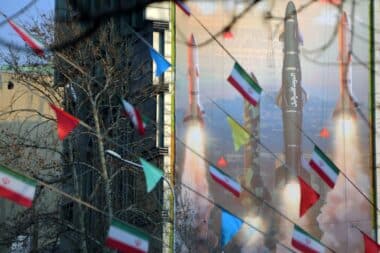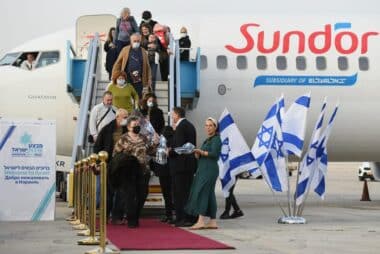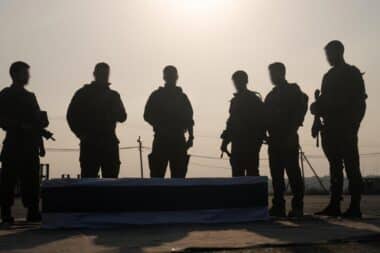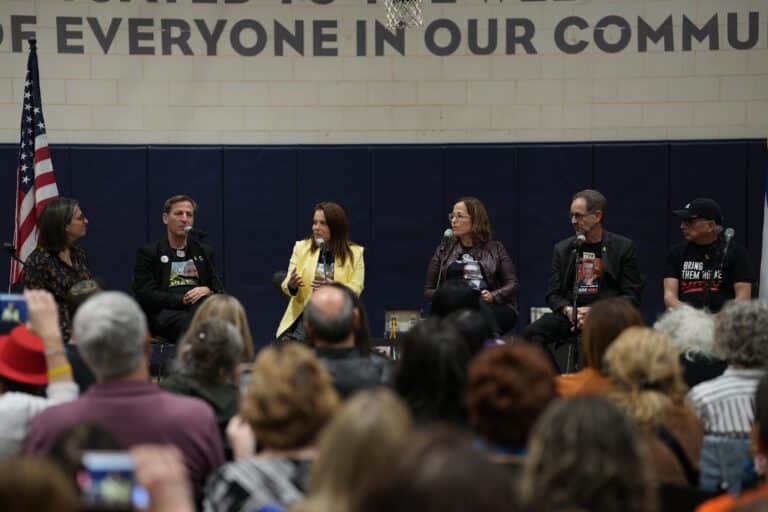
Beginning Tuesday night, Jews and Israelis around the world will observe Yom HaZikaron, Israel’s Memorial Day, honoring victims of terror and fallen soldiers. Less than 24 hours later, as the sun sets on Wednesday, the nation will pivot into Israel’s Independence Day, Yom Ha’atzmaut, a celebration of independence, resilience, and survival.
But for 59 families whose loved ones remain hostages in Gaza, celebration feels impossible, their hearts still trapped behind enemy lines. That anguish took center stage Monday night at the Marlene Meyerson JCC in Manhattan, where hostage families issued a desperate plea: bring them home — now.
“None of us thought that we would still be here 570 days later,” Dana Cwaigrach, founder of the NY Hostage and Missing Families Forum, said. “For these 59 families, there is no independence. There is no way to commemorate your loved ones. There is no way to heal. There is no way to celebrate until they’re all home. There are 59 families who are desperately waiting for their loved ones to be home.”
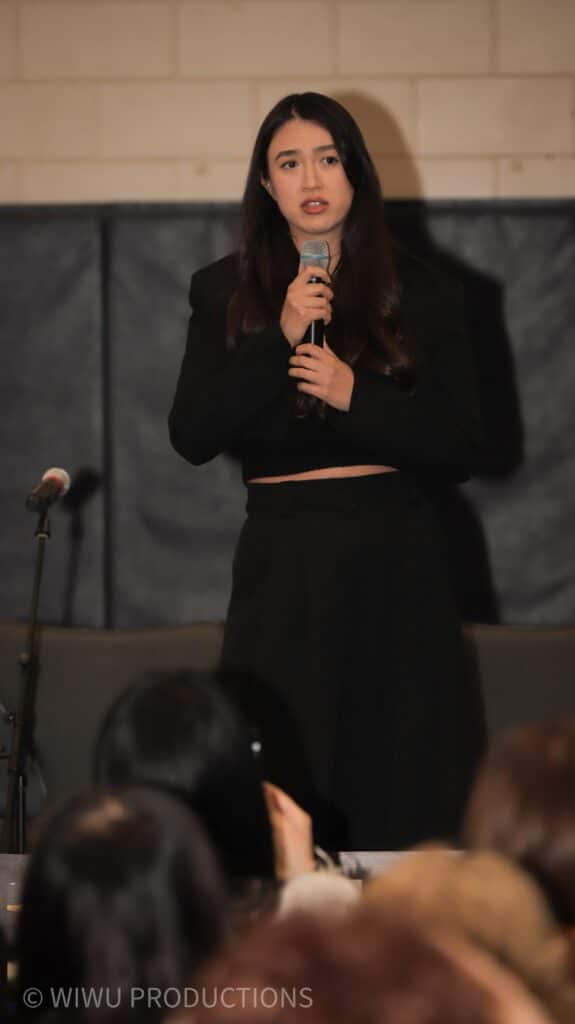
“We cannot heal until they are all home”
The evening opened with a powerful speech by former hostage Noa Argamani, a reminder that for Israelis, the horrors of Oct. 7 have not ended. She recounted the horrors she experienced during the Oct. 7 attack on the Nova music festival — where many of her friends were killed or taken hostage — and called on the Jewish community to keep their stories alive and advocate for the hostages.
“I spent 246 days in captivity until I was rescued. Every day felt like it could be my last. Even now, my heart is still in captivity — because my partner is still there. We are here today to remind you: Please, keep knowing these stories. Keep sharing them. There are still 59 hostages who need our help. They need us to keep pushing, to keep fighting — until every single one of them comes home. We cannot heal until they are all home. We must bring them home.”
Argamani, who has become the face of the hostages, was rescued from Gaza; her partner, Avinatan Or, is still held by Hamas. Though a released hostage reported in March that Or is still alive, there have been no confirmed signs of life.
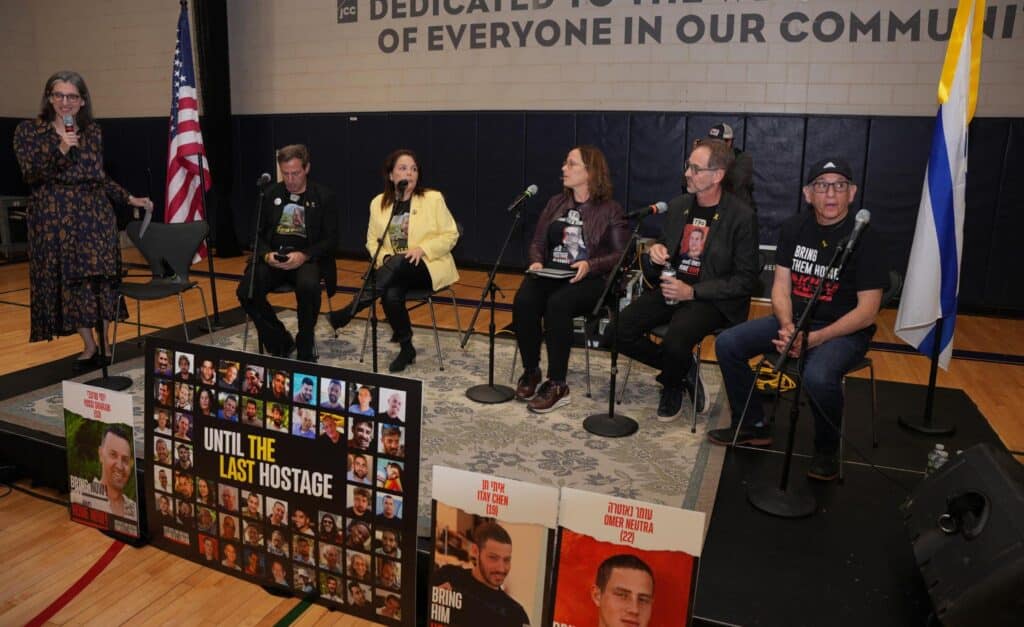
Mourning and celebration collide
Israelis shoulder an almost impossible emotional task this week: mourning the fallen on Yom HaZikaron before immediately transitioning into the joy of Yom Ha’atzmaut. But for many families, even mourning remains out of reach.
Monday’s event underscored the impossible limbo these families face — unable to properly grieve or celebrate as their loved ones remain missing. Among the speakers were Rubi and Hagit Chen, parents of the late Israeli-American hostage Itay Chen, 19; Orna and Ronen Neutra, parents of fallen IDF soldier Omer Neutra, 21; and Maurice Shnaidr, uncle of the late Shiri Bibas, 32. Each shared sorrow, frustration, and an urgent call for action.
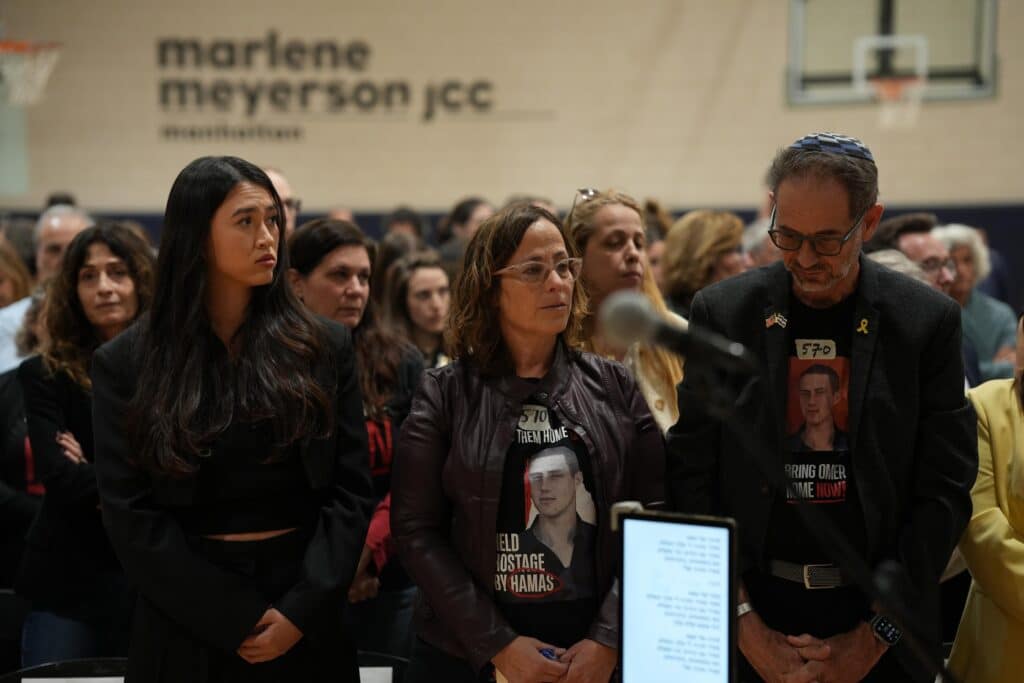
Facing the government — and the silence
Orna criticized how Yom Hazikaron has become “polarized and politicized” in Israel, with protests calling for government officials to be barred from gravesites and ceremonies. While she acknowledged people’s pain and anger, she argued that it was important for the ministers to be invited because they are the ones making decisions about the war in Gaza and “they should see the consequences of those decisions” by looking the hostage families and former hostages in the eye.
Instead, Orna lamented, the day has become a platform for ministers to grandstand, turning the focus onto themselves. She revealed that many hostage families chose to leave Israel for the week, feeling excluded from the very ceremonies and memorials meant to honor national loss.
“This government right now has not taken responsibility for whatever happened on October 7 and every day after. They did not meet their war goals. Nineteen months after, they still have hostages there. Omer hasn’t been brought back. Itay hasn’t been bought back. Thirty-five other hostages deceased have not been brought back for a proper burial,” she said.
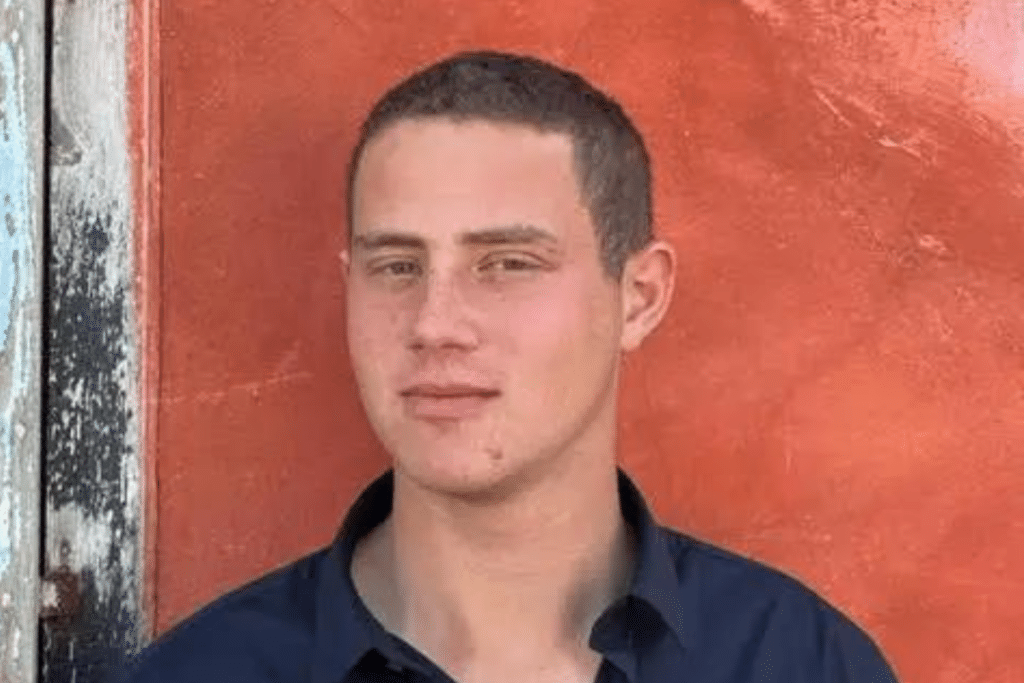
Omer, a lone soldier who made aliyah and enlisted in the IDF, is believed to have been killed on Oct. 7 while guarding the Gaza border. Despite the likelihood of his death, his parents insist he remains a hostage — because once that label is removed, they fear the government will stop trying to bring him home.
“We consider Itay, before everything else, a hostage that needs to come back. We cannot leave him in Gaza,” said Hagit Chen, echoing that same sentiment.
However, there are sentiments that the IDF has not prioritized returning the hostages home enough. Ronen Neutra recounted being approached by the IDF to set up a memorial or plant a tree in his son’s memory — an offer he rejected.
“Omer gave his life to this country, so the country owes him a proper grave. We should have a place to mourn,” he said. “It’s an impossible, unreasonable fight.
Fighting for return
The hostage deals so far have been piecemeal — a handful of people returned at a time — prompting painful competition among families. Ronen admitted the haunting reality: even though his son may be dead, the fear that Omer’s body could vanish without a trace keeps him advocating.
He referenced the case of Ron Arad — an Israeli Air Force navigator captured in 1986, whose body was never recovered after being transferred between multiple terrorist groups in Lebanon —, asserting that he can’t let Omer become the next Ron Arad.
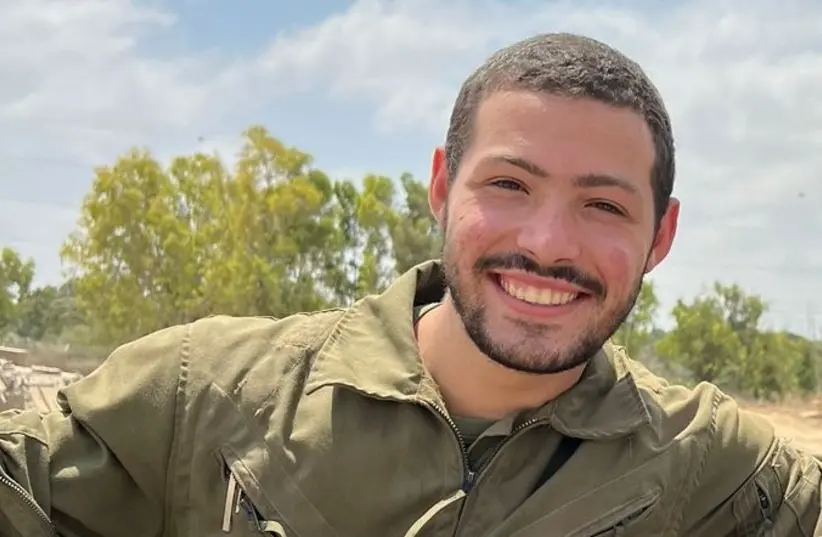
Itay Chen, who was born in New York and raised in Israel, is also believed to have been killed on Oct. 7 while helping civilians near the Gaza border. But his mother still cannot accept that he is truly gone. Over 18 months after the Oct. 7 attacks, his parents are still fighting for him, unable to heal or mourn until he is returned to Israel.
“We were notified that Itay will not come back alive, but I don’t believe that,” Hagit said. “I find it hard to acknowledge that because there is nothing physical, and we didn’t sit a shiva, and we have no grave, and have nowhere to go.”
She explained how Itay, along with other members of his unit, saved lives that day on the Gaza border — and how their bravery must be remembered.
Now, his mother must continue advocating to bring him home and for him and the other members of his unit to be honored for their bravery.
“He deserves to get respect and be treated as an Israeli hero. We need to give him at least that,” she said. “In English, we say rest in peace. Itay does not have peace.”
“‘Never Again’ is now”
While grief hung heavy in the air, families also expressed determination. The hostage families demanded that their supporters must continue believing that their loved ones will return.
“I’ll say this: the book of suffering must end. For 570 days, we’ve been stuck on the same last page, reading it over and over again. We are living that last page, again and again. But we haven’t lost hope. We refused to lose hope. And we ask you — don’t lose hope either,” Shnaidr said.
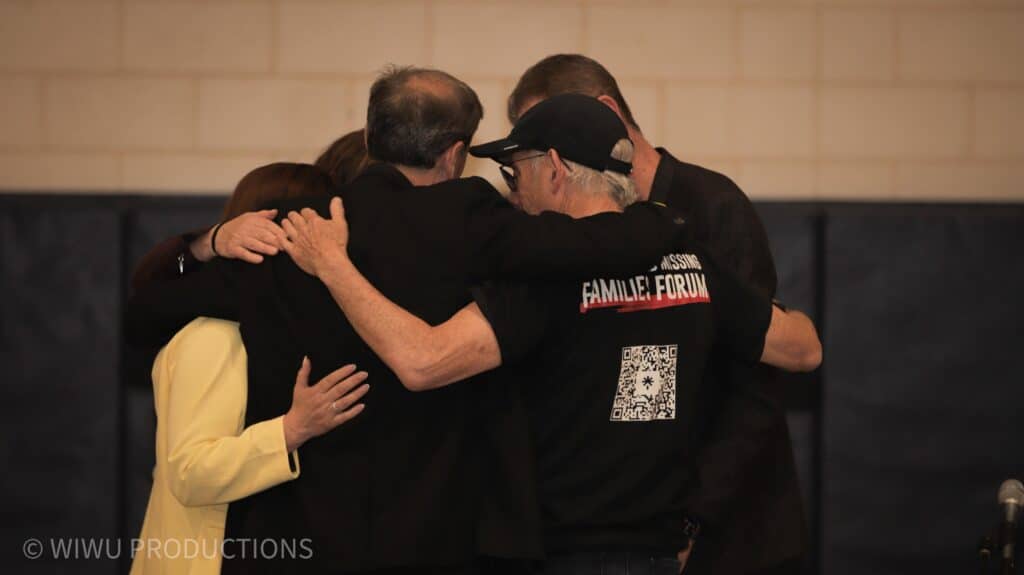
As U.S. citizens, some of these hostage families have received more attention, helped by the advocacy of American officials. Rubi Chen acknowledged the privilege — and responsibility — of having that platform.
“I’ve seen many families that have lost their voice, and I would like to wake up in the morning and say, ‘I’m speaking on behalf of those that lost their voice.’ And you know what? 200 hostages came home. We, the Neutras, the others. We had a small piece in it, and we’ll just keep on fighting,” he said.
That determination echoed throughout the room, culminating in a powerful call to action from Orna: “Never Again’ is now — it’s a call to action. It’s not just a phrase from the past. It’s real, it’s happening right now, and we can’t remain silent. So please, continue to speak up. Continue to stand strong. Stay with us. We won’t stop fighting — and we need you behind us.”
